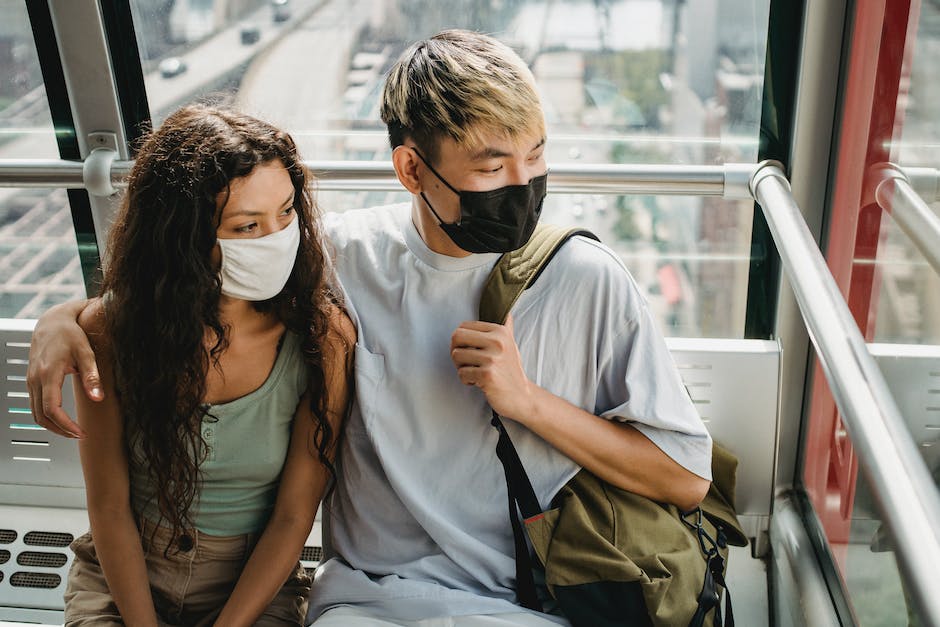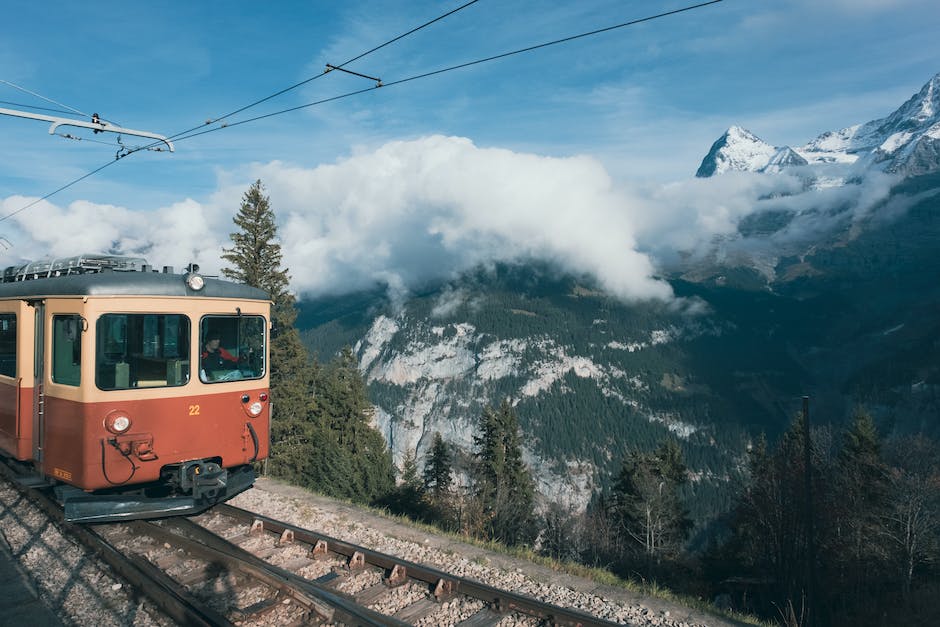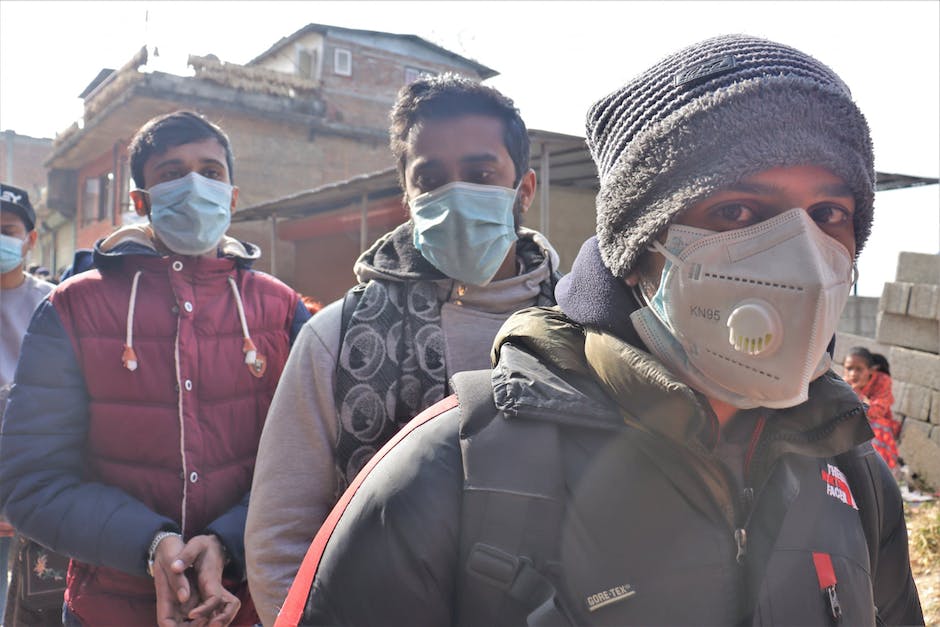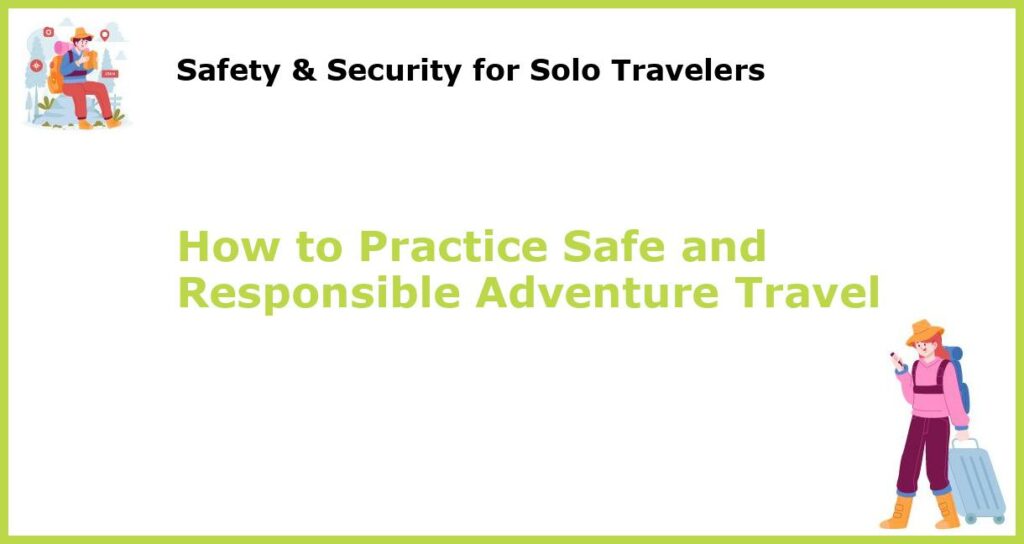Are you itching for an adventure? As exciting as adventure travel can be, it is crucial to practice safe and responsible tourism to prevent accidents and damage to the environment. Here are some tips to ensure your adventures are thrilling yet responsible.
Know Before You Go

Do not rush into anything before you know what you’re getting into. Before setting off on any adventure activity, take the time to research and understand the potential risks and hazards involved. Are you experienced enough to undertake the activity on your own or do you need a guide or instructor to show you the ropes? It is essential to ensure you are adequately prepared for the undertaking by gathering relevant information. Reviews and recommendations from trustworthy sources offer valuable insights, and they can help you pick operators or organizations that prioritize safety measures.
Respect the Environment

You don’t have to be an experienced adventurer to know that respect for our environment is vital. Every traveler’s impact on the planet adds up, so it is essential to minimize your impact on the environment. Follow the principles of sustainable tourism by leaving no trace. Properly dispose of waste, avoid the use of single-use plastics, and support eco-friendly initiatives whenever possible. Be friendly and considerate to the environment by taking only photos and leaving only footsteps behind.
Be Honest About Your Abilities

When it comes to adventures, the temptation to take on more substantial challenges than our comfort levels can allow is often too great. Doing so can have devastating consequences not just for you but for your travel companions, as well. Always assess your physical ability and experience truthfully, and work your way up gradually to more challenging expeditions. Don’t overestimate yourself and be honest about your physical limitations to avoid accidents or injuries.
Protect Yourself from the Elements

Weather changes and extreme conditions can turn adventure trips into life-threatening situations. Plan and pack accordingly, ensuring that you have protective clothing, sunscreen, and insect repellents to keep you safe from environmental hazards. Stay hydrated and nourished by carrying enough water and food with you on your adventure trip.
Stay Focused and Present

Distractions can be deadly, particularly when adventuring in activities such as rock climbing or whitewater rafting, which require a high level of focus. Always stay alert and attentive to your surroundings. Avoid distractions such as phones or music and listen carefully to what your guide or instructor tells you to focus on.
Follow Local Laws and Customs

Every region has its own cultures and beliefs, which tourists should respect. Even when engaging in intense adventure trips, be respectful of the customs and culture of the destination you are visiting. Dress appropriately and be mindful of local beliefs or traditions. Stay informed and comply with any laws or rules, particularly those linked to your safety or the environment.
Be Prepared for Emergencies

While preventative measures can minimize the likelihood of accidents or emergencies, they can still occur. Ensure you have a plan for such cases by consulting your guide or travel companions. Have information on the location of emergency services and carry a comprehensive first aid kit with you at all times.
Listen to Your Gut

Your intuition is a powerful guide in unfamiliar places. If you feel unsafe or uncomfortable, express your concerns to your group or guide. Do not let peer pressure or a desire for adventure override your safety instincts.
Be Mindful of Wildlife

The animals in the wild can be fascinating, but they are not used to human interaction. Respect their natural habitat and avoid interrupting their serenity. Follow guidelines for observing or interacting with them. Do not disturb or feed animals and keep a safe distance. Do not touch or approach wild animals, even if they appear friendly and easy to get closer to.
Support Local Communities

Choose operators or organizations that prioritize responsible tourism and invest in the local community when participating in adventure travel trips. Sustainable tourism practices engage locals in tourism so that their livelihoods are improved, thus promoting economic growth. Respect the people and cultures of the region you are visiting and engage in sustainable tourism practices whenever possible.








 You might also be interested in those articles related to solo traveling
You might also be interested in those articles related to solo traveling